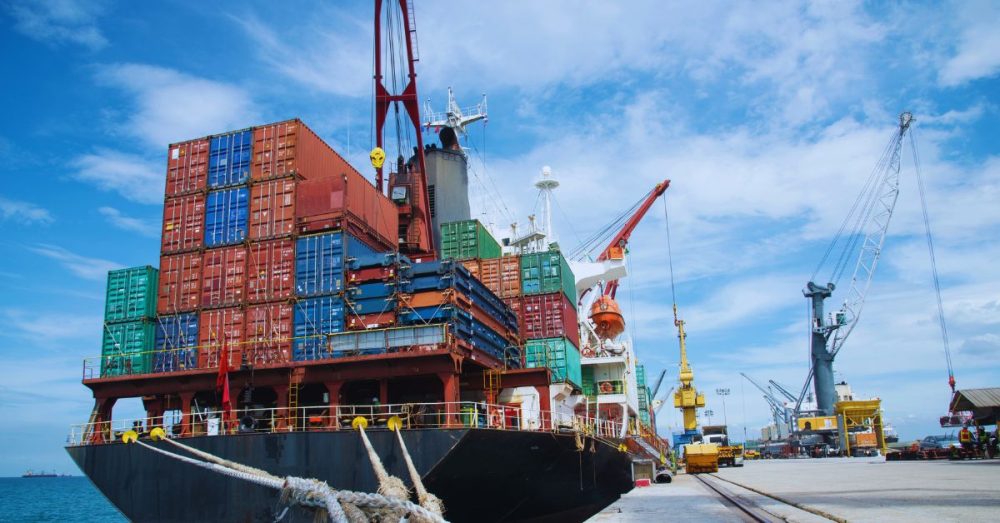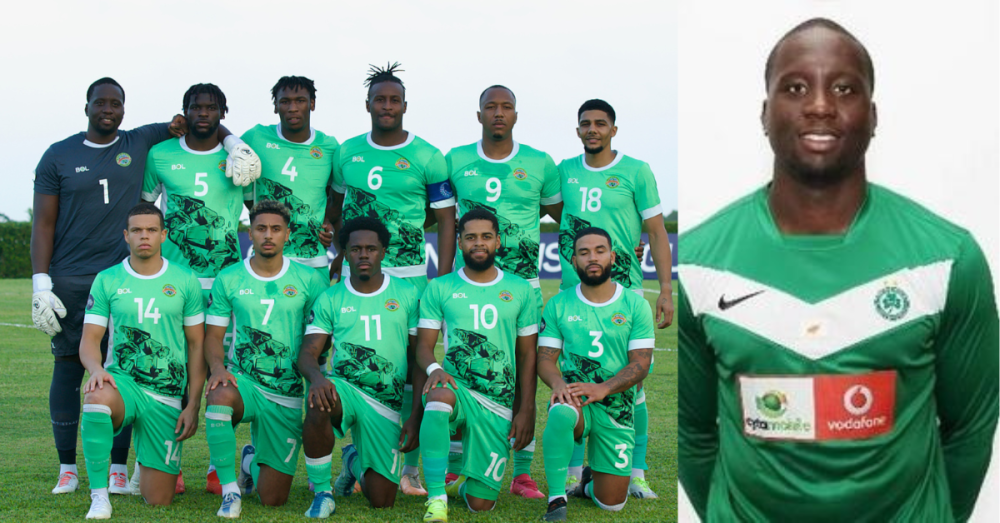 BRADES, Montserrat – Montserrat intends to play a greater role in keeping the members of the overseas territories and the EU partners to task so that the milestones established will be met, says Mrs. Angela Greenaway, Permanent Secretary of the Ministry of Economic Development & Trade.
BRADES, Montserrat – Montserrat intends to play a greater role in keeping the members of the overseas territories and the EU partners to task so that the milestones established will be met, says Mrs. Angela Greenaway, Permanent Secretary of the Ministry of Economic Development & Trade.“The focus of the discussions were the future relations between the OCT’s with the European Commission. The Commission has issued an outline of the possible new elements of the new partnership arrangement. This outline sets out three pillars for possible future development – Enhancing competitiveness, strengthening resilience and promoting cooperation. It is up to the OCT’s now along with the Commission to discuss in detail, how these pillars will be developed into a new OCT Decision which must be agreed and signed off by the end of 2013. The overall responses from the forum were positive but it is necessary that we stay on top of each member to ensure that the targets are met,” explained the permanent secretary.
“We plan to play a greater role in maintaining the dialogue between the overseas territories and the EU partners. There is a tendency for the momentum to be lost over time as the European Commission become distracted with other issues. Time is important as the current Overseas Association Decision expires on December 31, 2013,” Mrs. Greenaway added.
In his remarks, Chief Minister Meade said Montserrat was “sincerely grateful for the generous contributions from the European Union and the UK government in particular, to our recovery efforts. We are particularly thankful for the indicative budget of 15.7m Euros under EDF 10 which we have allocated to replace our Port that was destroyed in Plymouth, and we hope to receive further assistance, to complete the project now estimated at 30 million Euros.”
The chief minister said the strategic goals in the island’s sustainable development plan 2008 – 2020 “cannot be achieved without both technical and financial support.” He added that “sustainability cannot be achieved by simply focusing on poverty reduction” and there was a need to “redefine our relationship with the EU and ensure we sculpture the development objectives to meet our needs based on our rights to aspire to EU standards.”
The official UK statement said “the successor to the OAD must be flexible enough to meet the needs of both the larger, more prosperous Territories, and those which are more vulnerable and likely to be in need of development assistance for years to come.”
The Green Paper which was launched at the November 2008 forum “recognises that the EU – OCT relationship should be built on one of partnership. This is the basis of the UK’s relationship with our OTs. Partnerships, with their shared responsibilities and obligations, have their ups and downs. There has to be some give and take for a successful partnership to work. Compromise is sometimes necessary. As the re-negotiation moves forward, discussions should be open and transparent. The Commission must have no hidden agenda or pre-conceived ideas and must listen to its’ Territories.”
“The UK agrees that the OCTs should be seen as assets rather than burdens on the EU tax payer. Their links to Europe are long standing and important, but each has its’ own distinct culture, character and diversity. OCTs should however adhere to European values on good governance. Those with a financial services industry must reach internationally agreed standards. And the EU should recognise the progress that has been made in this area.”
“Any proposed changes to legislation have to be relevant, and must take into account the capacity limitations of the Territories. OCTs cannot be tied into legislation that they do not have the resources to implement effectively. Where they cannot meet these requirements, or do not have the expertise to become a centre of excellence there should be no discrimination against them. We cannot have a first and second tier of OCT,” the statement said.
The OCT-EU Forum is a tripartite meeting that includes the associated and dependent territories of the EU (Anguilla; Aruba; British Virgin Islands; Cayman Islands; Falkland Islands; French Polynesia; Greenland; Mayotte; Montserrat; Netherlands Antilles; New Caledonia; Pitcairn; St. Helena and dependencies; St. Pierre and Miquelon; French Southern and Antarctic Territories; Turks and Caicos Islands; Wallis; and Futuna); the European Commission; and the four EU Member States that have such territories (UK, France, Denmark, and The Netherlands).
This annual meeting is chaired by the European Commission with the aim of outlining the visions for cooperation between the parties, enabling the OCTs to take a full part in the implementation of the OCT-EC association, and to allow a broad-based dialogue to enable the EU, all the OCTs and the Member States to which they are linked to consult each other on the principles, detailed procedures and results of the association.
New Caledonia is the 2010 chair of the OCTA and will host the next meeting later this year or early 2011 in that territory.
ENDS
Discover more from Discover Montserrat
Subscribe to get the latest posts sent to your email.








